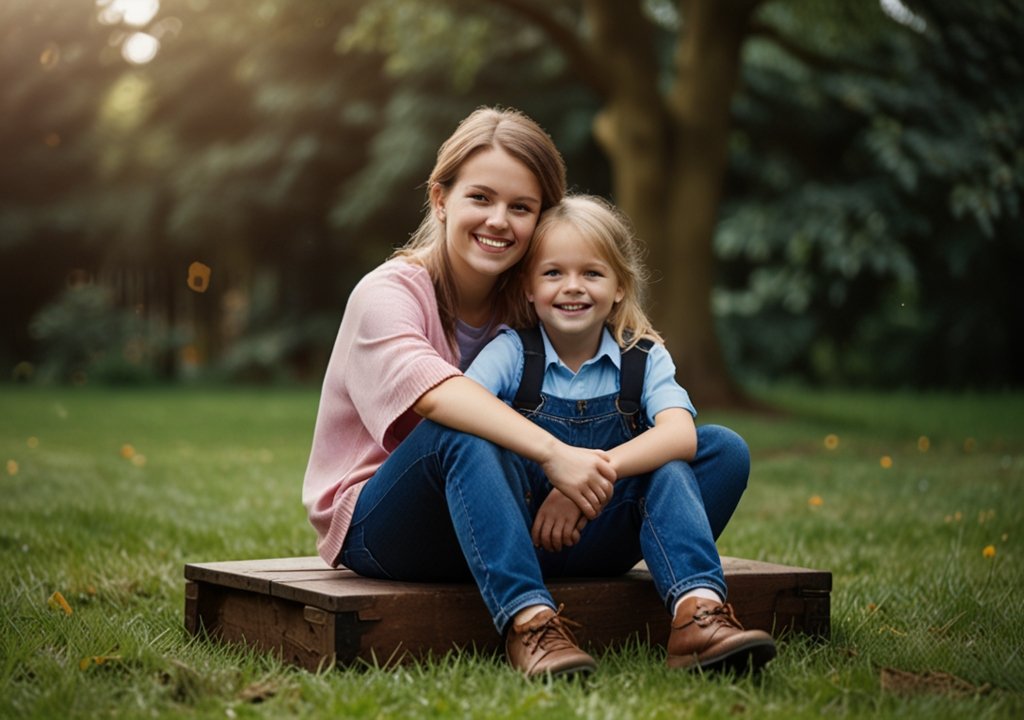Being a successful foster carer requires some very special qualities and an extraordinary level of commitment. The good news is that you don’t need to have previous experience of raising children or own your own home. You don’t even need to be one half of a couple! This article explores the key qualities required to be the best foster carer possible and make a positive impact on a child’s life.
Patience
Patience is arguably the most vital quality a foster carer must have. As a foster carer, you need patience to help these children work through their issues at their own pace. Getting frustrated or losing your calm will only make matters worse. With time and patience, you can gradually earn the child’s trust and help them heal.
Empathy
Foster children may act out in difficult ways as they adjust to their placement. A good foster carer must be adaptable and willing to try different approaches. What works for one child may not work for another. You need to assess each child’s specific needs and adapt both your parenting style and household rules accordingly. Being rigid or forcing the child to conform to inflexible standards will only cause more harm. Adaptability gives kids room to grow.
Foster children require tremendous empathy from their carers. These kids may have been through some tough situations. As a foster carer, you must be able to empathise with the child’s past struggles. Understanding where they are coming from allows you to provide the nurturing environment they desperately need. An empathetic foster carer makes a child feel safe, secure, and understood.
Adaptability

Commitment
When caring for a foster child, you are making a commitment to provide consistency, stability and unconditional care – things they likely sorely lacked in the past. This means committing to the placement even when challenges arise. It also means committing to the child’s treatment plan, attending meetings regarding their care, and working as part of a team to help the child thrive. This level of commitment is vital to a child’s healing and ability to trust. There are different types of fostering, so have a chat with your local agency to see which one works best for you.
Self-Care
Fostering can be an emotionally and physically exhausting role. In order to have the capacity to properly care for your foster children, you must also care for yourself. Make time for your hobbies, passions and relationships outside of fostering. Maintain boundaries around fostering so it does not completely consume your life. Get proper rest, nutrition and exercise. Seek support when you feel overwhelmed. A foster carer who practices adequate self-care will have more energy and patience for their demanding job.
Fostering children is among the most selfless and noble acts. It is also extraordinarily challenging work. But ultimately, foster children need to be surrounded by love, patience and empathy in order to stand a chance of developing into healthy, well-adjusted adults. As a foster carer, committing to provide such an environment enables these vulnerable children to finally get the nurturing home they deserve.
YOU MAY ALSO LIKE: Understanding How Children’s Books Boost Language Growth and Assist in Monotone Speech Therapy











